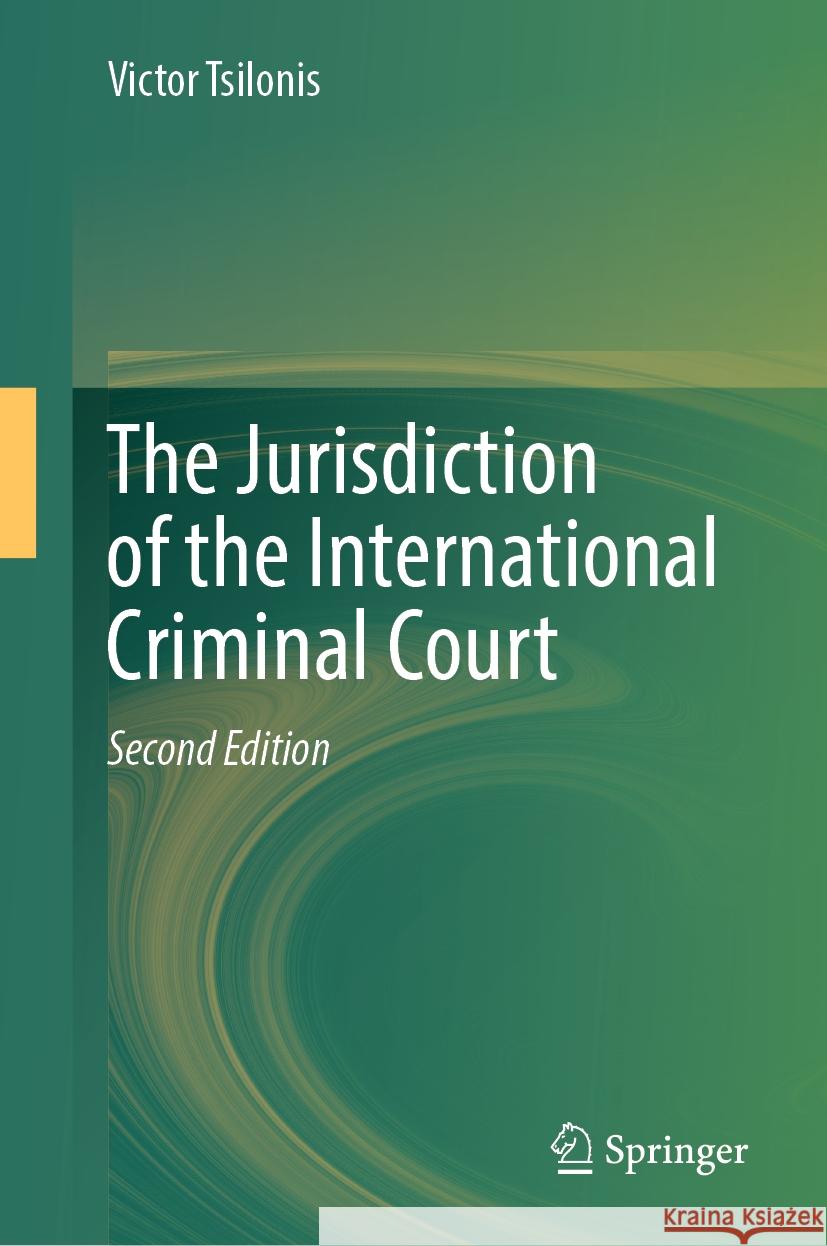The Jurisdiction of the International Criminal Court » książka
topmenu
The Jurisdiction of the International Criminal Court
ISBN-13: 9783031461378 / Angielski
The Jurisdiction of the International Criminal Court
ISBN-13: 9783031461378 / Angielski
cena 645,58 zł
(netto: 614,84 VAT: 5%)
Najniższa cena z 30 dni: 616,85 zł
(netto: 614,84 VAT: 5%)
Najniższa cena z 30 dni: 616,85 zł
Termin realizacji zamówienia:
ok. 22 dni roboczych
Bez gwarancji dostawy przed świętami
ok. 22 dni roboczych
Bez gwarancji dostawy przed świętami
Darmowa dostawa!
Kategorie:
Kategorie BISAC:
Wydawca:
Springer
Język:
Angielski
ISBN-13:
9783031461378











